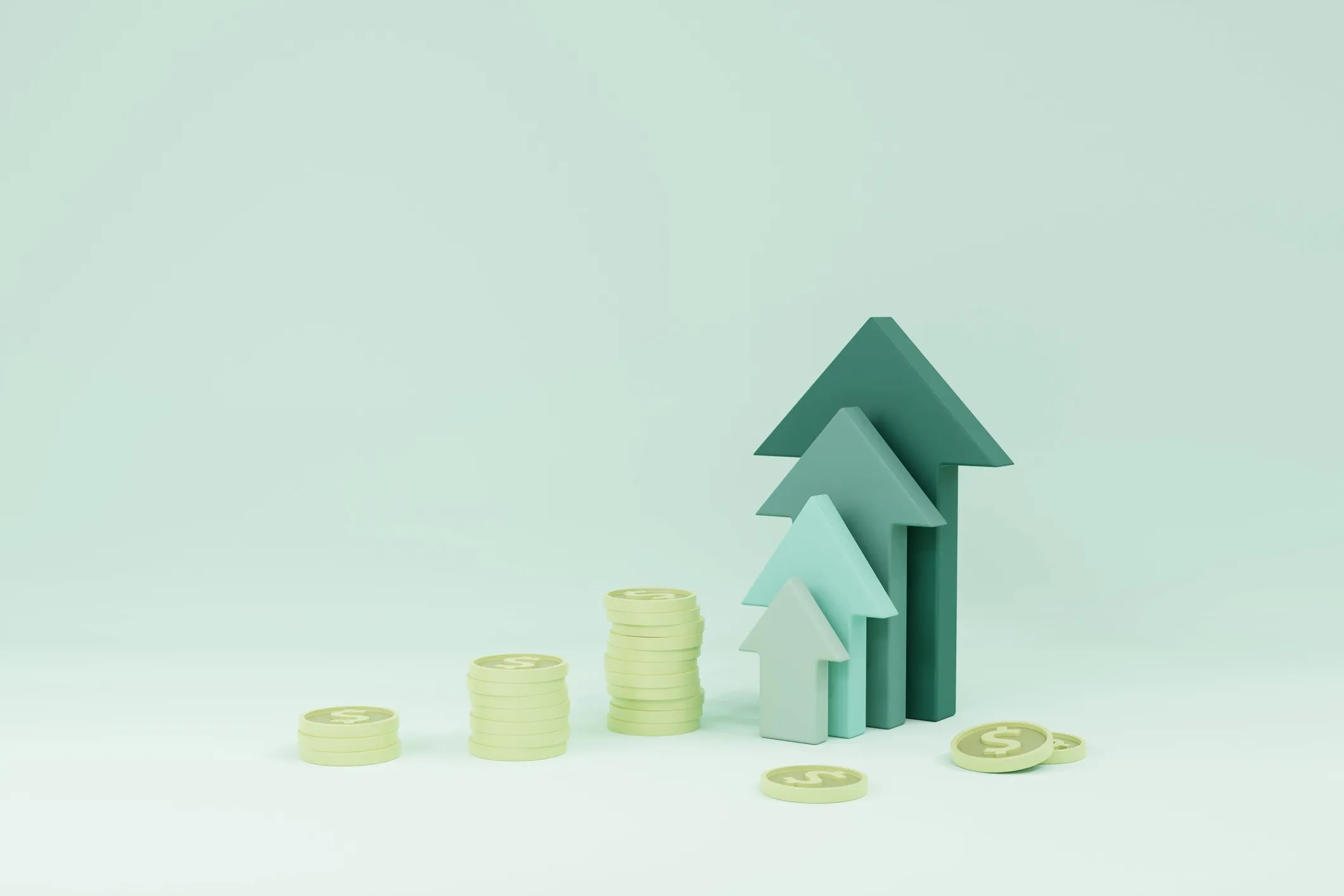
Although many of us would rather avoid accumulating debt, there are times when taking out a loan becomes necessary.
For instance, you may need to borrow money to handle a significant medical expense or manage day-to-day expenses as your income struggles to keep up with rising costs.
Regardless of your reasons for taking out a loan, the loan principal can spiral out of control quickly. Even if you are making payments, you might still see a growing loan balance.
3 factors that can increase your total loan balance
Variable interest rates
A variable interest rate is an interest rate that changes over time. Depending on market conditions, variable interest rates are tied to a benchmark or index rate that rises and falls.
While variable interest rates can be attractive in a low-interest-rate environment, the threat of rising rates can leave you trapped with high-interest debt.
Most credit cards have variable interest rates. If you carry a balance, your debt could grow if interest rates increase. Unless you can make larger payments towards your remaining balance, the debt will continue to rise.
For example, a Federal Reserve report indicates that the average credit card interest rate rose from 14.60% in the fourth quarter of 2021 to 21.59% in February 2024. The steep rise might cause you to see a growing balance.
Only making the minimum payment
It’s tempting to stick with the minimum monthly payment. But if you only make a relatively small monthly payment, you risk paying less than the interest accrued each month.
The loan balance will rise if the interest charges outweigh your minimum monthly payment. While the minimum payment might feel like a better fit for your budget right now, it might lead to a growing loan balance.
Making late payments or missing a payment
If you make a late loan payment, the first financial hit will likely be a late fee. However, another issue is that your loan balance will continue to accrue interest, leading to a larger balance.
Regularly making late payments could have several negative consequences.
- Late fees or penalty charges: Creditors may impose late fees or penalty charges for overdue payments. These additional charges can increase the total amount owed and make it harder to catch up on payments.
- Negative impact on credit score: Late or missed payments can have a negative impact on your credit score. A lower credit score can make obtaining favorable terms for future loans, credit cards, or even housing rentals more difficult.
- Loss of benefits: Some creditors may revoke benefits, such as lower interest rates or promotional offers if you consistently make late payments or miss payments.
Communicating with creditors if you anticipate difficulties in making payments is crucial to exploring potential alternatives and minimizing the impact on your financial situation.
Tips to keep your loan balance from increasing
Set up autopay
If you struggle to remember payment due dates, consider setting up an automatic payment option. This can help you avoid late fees and ensure that your bills are always paid on time.
Many lenders allow you to set up automatic payments, and some even give you a discount when you choose autopay. Making payments on time can also come with other benefits, like an increased credit score.
Pay as much as you can
The minimum monthly payment won’t get you out of debt quickly. Seeing progress toward a lower loan balance can take significant time. Instead of sticking with the minimum monthly payment, consider making a larger payment each month.
Determine what size payment you can afford by closely examining your budget. If you want to get out of debt faster and avoid growing loan balances, consider cutting back on spending or increasing your income to accommodate larger monthly payments.
Consider making a lump sum payment
While paying off debt, you often have the option to make a lump sum payment to lower your loan balance. Depending on your situation, you might pull a lump sum payment from a windfall or savings.
If you are looking to use your savings to lower your loan balance, carefully assess your financial situation. It’s often the right move to keep some emergency savings on hand. Beyond that, your savings might be put to good use paying off high interest debt.
Growing loan balances are a drain on your financial future
As a borrower, it’s often easy to access more funding than you can reasonably repay in a short timeline. Before signing up for an extensive amount of consumer debt, take a close look at your budget. Make sure you can afford to make regular payments that make a dent in the loan balance each month.
For example, if taking out a personal loan, shop around to find the best interest rates for your situation. Understanding what increases your total loan balance can help you map out a loan repayment strategy that avoids a growing loan balance.
While paying off debt, do your best to avoid late payments. When possible, make it a point to throw extra funds toward your loan balance.
Read more:
All personal loans made by WebBank.